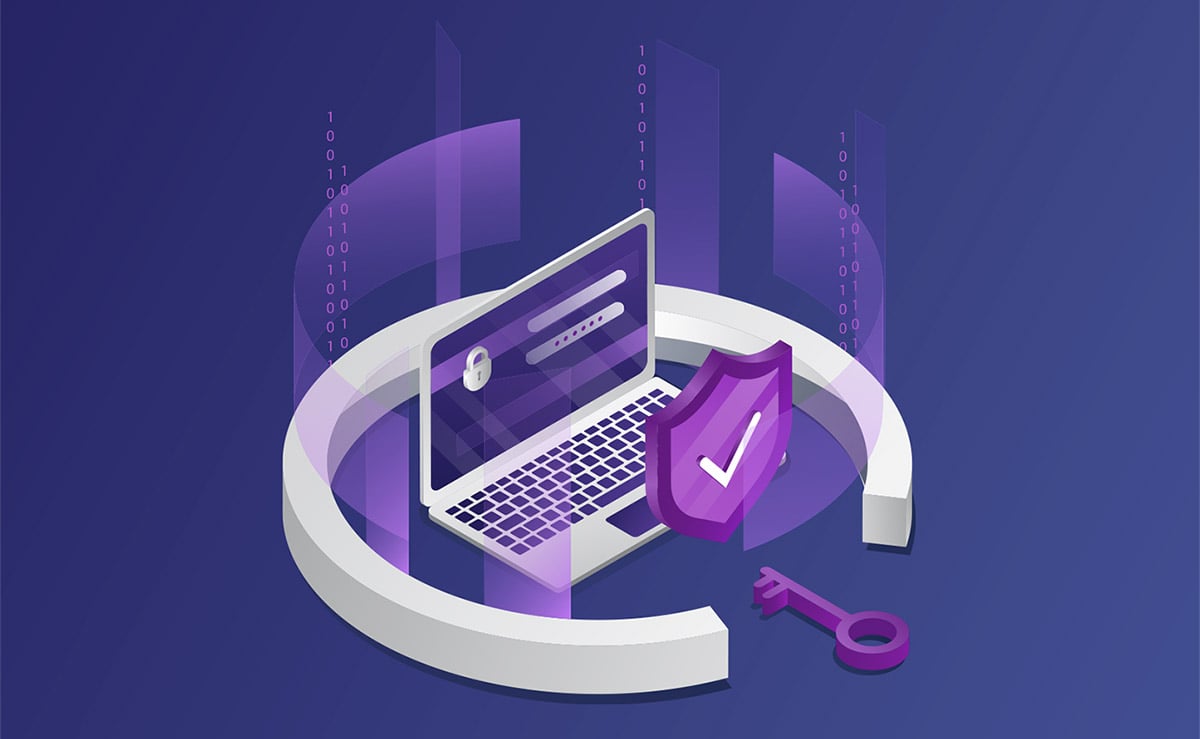My Data has been compromised. What Should I do?
If you’ve recently learned that your personal and private information was compromised in a data breach, you should receive a letter from the company that lost your data.
Free Case Evaluation
Do I need a data breach lawyer?
That letter should answer some of your questions, such as what information leaked. But there are still unanswered questions, such as how the information might be used, whether you’re in danger of identity theft, and if you’re entitled to compensation as a victim of corporate negligence. These are the questions that a data breach lawyer can answer.
According to a report from the Insurance Information Institute, 2020 saw a record-breaking 47% of people experience identity theft. Compared to 2019, these figures are an increase of over 70%. It wasn’t just a one-year event either, as the Identity Theft Resource Center issued its own report in 2021 indicating that 1,290 data breaches had occurred in just six months.
This was an all-time peak that only built on an already-grisly record in 2020. While data breaches have long been an issue, the COVID-19 pandemic has dramatically increased the scope and severity of the problem.
Having your private information leaked is uncomfortable, even when it’s seemingly minor information. However, these leaks can result in a criminal record or unauthorized bank accounts being placed under your name. While you can fight back against fraud, it can take months of effort and place a heavy toll on your mental health as well.
Work-from-home related security issues and individual desperation alike have left hackers and scammers running amok.
What Personal Information is Lost In a Data Breach?
Virtually everything you do today involves your personal information being stored digitally, whether you’re going to the doctor or making a purchase. While the exact type of information varies, it all has value and can be damaging if leaked. A few of the types of information that companies store and hackers want include:

Why Data Privacy Is Important
There are all sorts of problems that you might have to deal with if a data breach leaks your personal information. Just a few examples include:
- Unauthorized financial accounts, lines of credit, etc.
- Your home and online accounts becoming accessible to unknown actors
- A record for crimes you didn’t commit
Hackers will take unorthodox measures to profit off of their stolen information. If they’re pulled over by the police, expect them to give your name and address, not their own. Unauthorized bank accounts and credit cards can wreak havoc on your credit score and finances, as well.

What can lead to a data breach?
There are many ways that a data breach can happen. Bad actors might exploit a vulnerability in software or gain access to a privileged employee account. Some common ways that criminals steal information include:
Social Engineering
Most data breaches have their origin in human error, with malicious actors using various techniques to trick personnel with access to sensitive data. A common example is sending an email from a fake address made to look like a real one, tricking employees into downloading harmful files.
Malware
Malware is an umbrella term for many different types of “malicious software.” One type involves penetrating a system and harvesting data while remaining undetected. Another type, ransomware, prevents the software from working until the company pays a ransom to the hackers.
Hacking
Hacking refers to the process of using a computer to gain unauthorized access to information. While the kind of hacking seen in movies is less common than phishing and malware attacks, it’s still a serious threat and a source of many breaches.
Security Vulnerabilities
Hackers will eventually be able to crack a security system that isn’t updated, and poorly-managed updates might introduce new vulnerabilities. However, launching regular, high-quality updates is an expensive process that many companies write off as a secondary priority.
Improper Decommissioning Practices
When a company replaces old IT assets, they need to purge sensitive data from the old devices before decommissioning them. If the company resells or throws away IT assets that still contain sensitive information, it’s possible for any bad actor to find the data in question.
Unauthorized Sale of Personal Information
Selling consumer data is a vast industry that many large, trusted businesses take part in. Careless, unauthorized sale of personal information can hurt consumers if the information ends up in the hands of bad actors.
Can I be compensated after a data breach?
It's one of the most common questions that people have upon finding out their data has been compromised. While each data breach is unique, there are many cases where you are entitled to compensation. This is especially true if you’ve noticed signs of identity fraud, which could make the company liable for damages.

Can I Sue For a Data Breach?
If your personal information might have been leaked in a data breach, you have the right to sue the company involved. While evidence of fraud will strengthen your case, courts have upheld that consumers have the right to sue even if identity fraud hasn’t occurred yet. From there, winning your court case relies on proving negligence or wrongdoing on the part of the company.
Details such as how much you can sue a company for after a data breach are going to vary on a case-by-case basis. In any case, your best course of action is to contact a data breach lawyer as quickly as possible. They can brief you on the situation and provide advice on whether or not to pursue legal action.
If you’re looking for experienced data breach lawyers, turn to LegalNext. We’re constantly investigating data breaches, searching for signs of wrongdoing, and providing the latest updates. Consider your next steps, and decide if a data breach lawsuit is right for you.
Free Consultation

